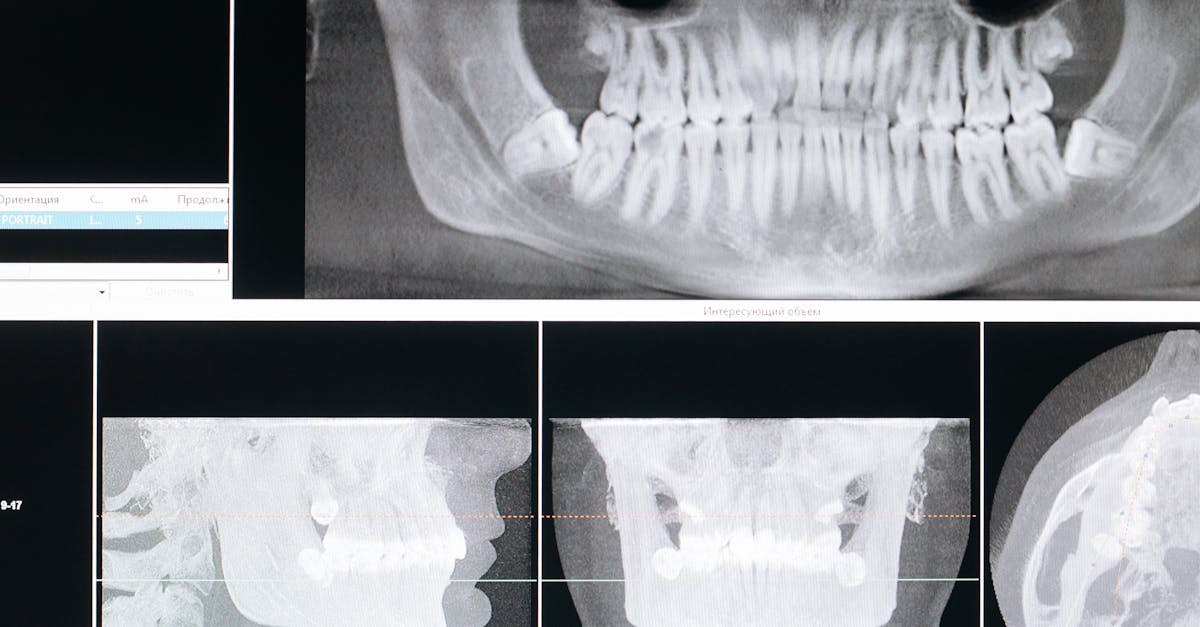Understanding Full Mouth Dental Implants
Introduction
Full mouth dental implants offer a revolutionary solution for those missing multiple teeth. They provide both aesthetic appeal and functional benefits. Understanding the procedure can help individuals make an informed decision.
Advertisement
What Are Full Mouth Dental Implants?
This dental procedure involves replacing all the teeth in both upper and lower jaws with implants. Unlike traditional dentures, these implants serve as permanent and stable solutions. The process can significantly improve oral function and appearance.
Advertisement
The Benefits of Full Mouth Implants
Patients can enjoy a natural-looking smile and improved chewing ability. The implants prevent bone loss typically associated with missing teeth. They also eliminate the need for removable dentures and sticky adhesives.
Advertisement
The Procedure Explained
The process begins with a comprehensive dental examination and imaging. Titanium screws are placed in the jawbone, serving as artificial tooth roots. After a healing period, these are topped with fixed bridges or crowns.
Advertisement
Recovery and Aftercare
Post-surgery, patients may experience swelling and discomfort, managed with medication. It's crucial to maintain oral hygiene to avoid infection. Regular follow-up visits ensure implants integrate well with the bone.
Advertisement
Suitability and Considerations
Ideal candidates should have adequate bone density and healthy gums. Factors like systemic diseases may affect suitability. Consulting with a dental specialist can help determine if implants are a viable option.
Advertisement
Costs and Financing Options
The cost can vary based on materials and complexity. Dental insurance may cover part of the treatment. Many clinics offer payment plans to make the procedure more affordable.
Advertisement
Common Myths Debunked
Some believe implants are painful or riskier than dentures, but these are misconceptions. Advances in technology have made the procedure relatively safe and less discomforting. The longevity of implants often outweighs temporary discomfort.
Advertisement
Comparing With Other Solutions
Unlike bridges, implants don't require alteration of adjacent teeth. They offer a more permanent solution compared to dentures. Despite a higher initial cost, long-term benefits often justify the investment.
Advertisement
Conclusion
Full mouth dental implants provide a durable and aesthetically pleasing alternative to traditional dentures. Their benefits extend beyond appearance to include improved oral health. Consulting a qualified specialist can help you decide if this treatment aligns with your dental needs.
Advertisement


